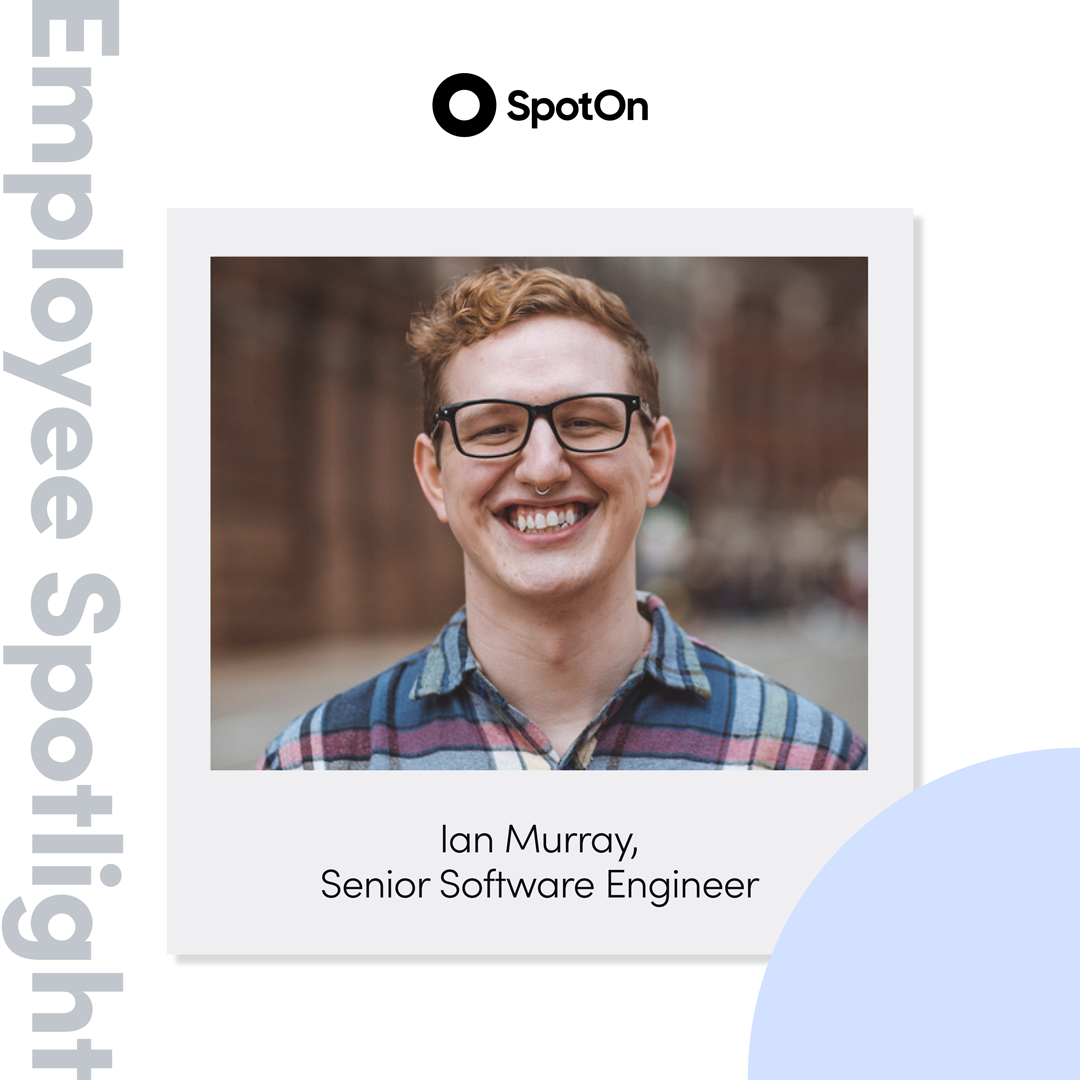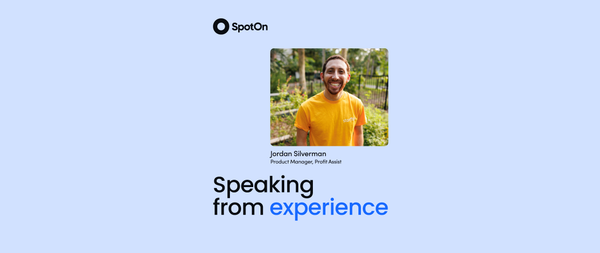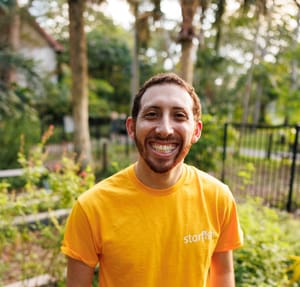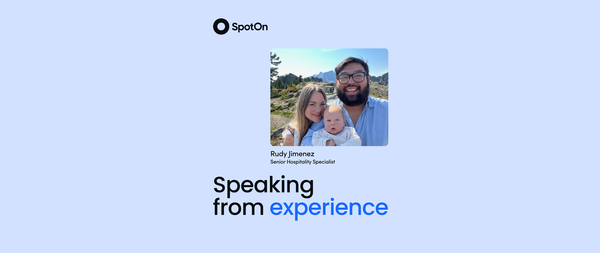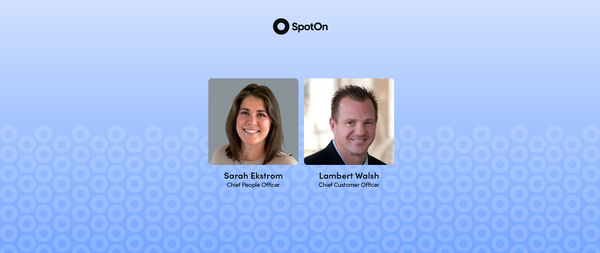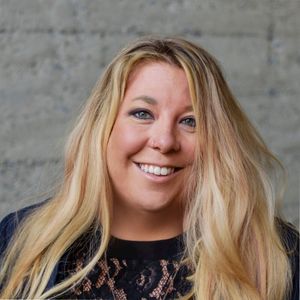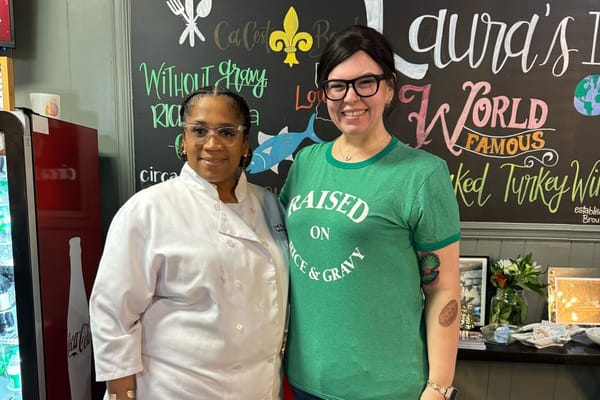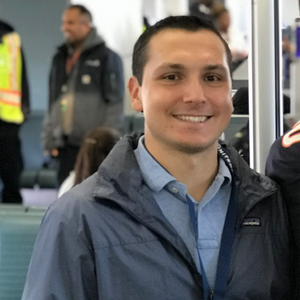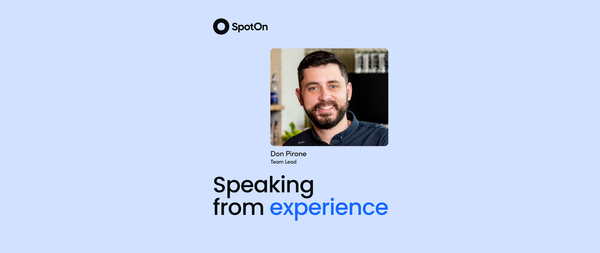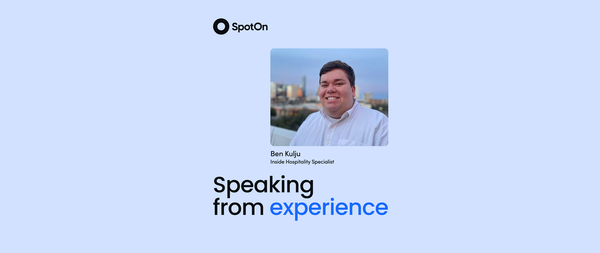Scientists often make unexpected discoveries—Alexander Fleming left out a petri dish and accidentally discovered penicillin, George de Mestral grew curious of the cockle-burrs stuck to his dog’s fur while hiking in the Jura mountains in Switzerland and discovered velcro, John S. Pemberton, a pharmacist in Atlanta was looking to cure maladies, not quench thirst, when he accidentally invented Coca-Cola. For Ian Murray, the implications of his discovery have less of a universal and more of a personal impact—he set out to research skeletal patterning in sea urchins and discovered that he really, really liked programming.

A student at Boston University at the time, Murray needed to take a Bioinformatics course to help him with his research. Bioinformatics is where programming, large data sets, and biological research intersect. And as part of the course, Murray needed to learn basic programming. He ended up having so much fun learning basic programming, that he spent all his free time writing programs and building games.
“At that time, I thought it was too late for a big career switch. But, I realized it’s never too late,” 29-year old Ian Murray reflects on his quarter life career pivot.
Deciding not to pursue a PhD, Murray tried out some other career paths, including recruitment, sales, and working in the restaurant industry, while building his software development skills on the side as a hobby. As his passion and proficiency grew, he realized that coding is what he was truly meant to do. Murray quit his job, started a full time coding boot camp, and immediately landed a job with a tech startup, ultimately finding his way to SpotOn where he is now a Senior Software Engineer. The journey became the destination.
The non-traditional path turns out to be fairly common among his team at SpotOn. At least two of his peers are doctors, and one studied as a mechanical engineer.
“We have a lot of people from different backgrounds on our development team, and that brings a diversity of experience that studies have shown is really valuable for creatively solving tough problems,” Murray says. “Of course, coming into SpotOn, having both programming experience and restaurant experience, has been a big plus for me on the restaurant point-of-sale team,” he adds.
“Being someone who had hands-on experience not only as a developer, but as a user, is helpful on the product development side. Knowing how restaurant employees use the software, and the things that can be pain points, aren’t always clear to a developer who has never worked in a restaurant before,” Murray says.
For a developer who got his start in lab data, Murray is fascinated with the different variables that can positively or negatively impact a restaurant and the ways in which his role allows him to tailor a solution for each business’s own rules and processes.
“Every restaurant wants to operate their business in their own way, from how they run their kitchen to how they take orders to how they do their financing and accounting to how they do tips. Our software is extremely configurable. The number of permutations of different settings is in the trillions. You can entirely customize the way our software works to how you want to run your business.”
Murray’s intellectual curiosity and diversity of experience is just part of what makes him a successful engineer. Turns out, Dungeons & Dragons (D&D) is part of the equation too.
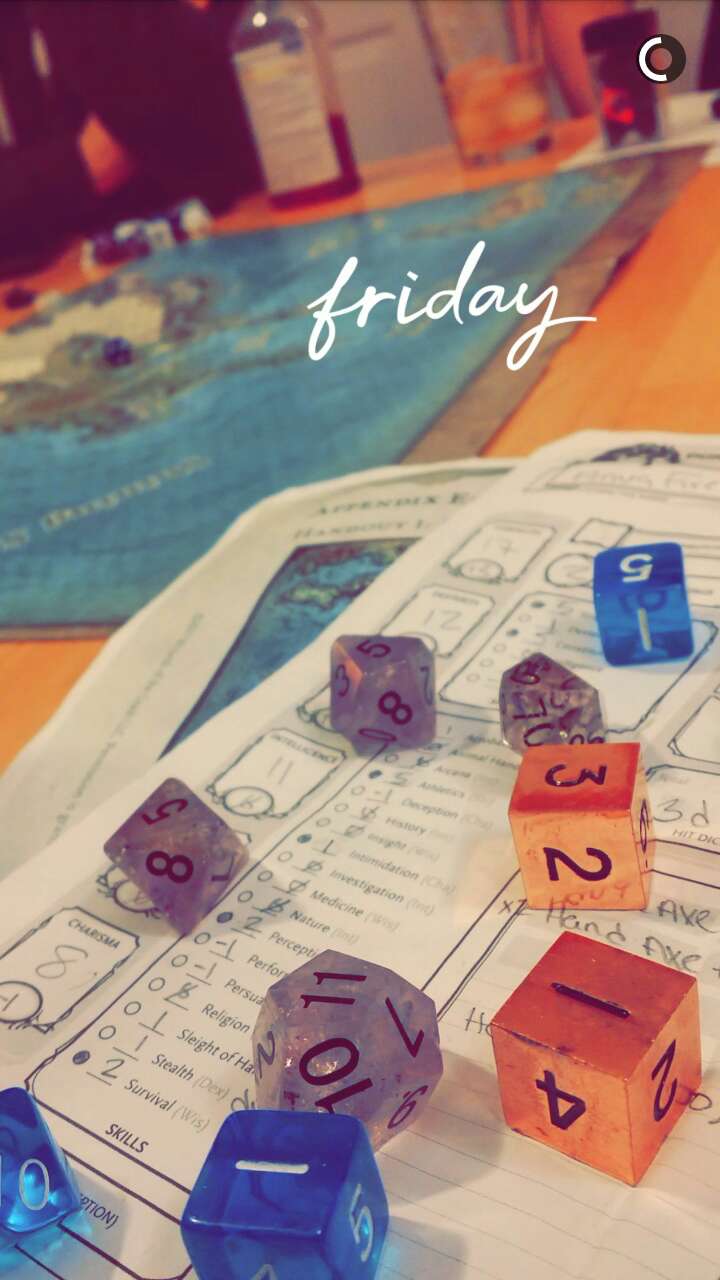
Murray started playing D&D with his lab friends as a way to foster connections and sharpen his problem-solving skills. He discovered that the game also developed his leadership skills and ability to build a team in a collaborative and creative way.
“Building software in a team is a creative pursuit," he explains. "There are a lot of great parallels between a good Dungeons & Dragons team and a good Development team. In a team environment you are working toward a shared goal, solving concrete problems. In D&D, whether you are trying to defeat the evil despot or save the world, you have a common concrete problem on a large scale. In a development team, our concrete problem on a large scale is that we want to build software that makes life easier for business owners.”


